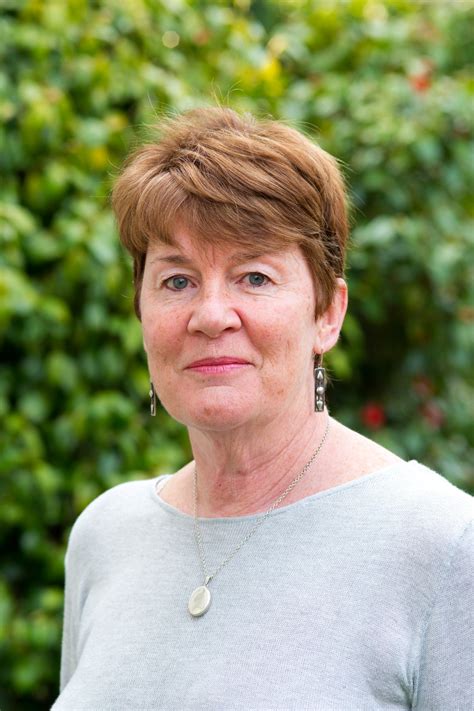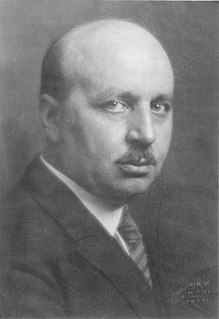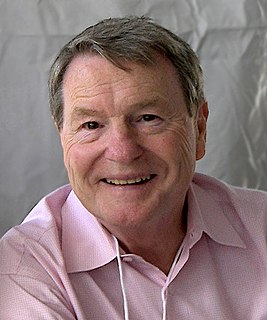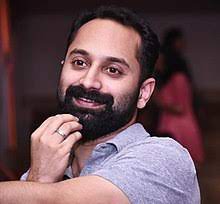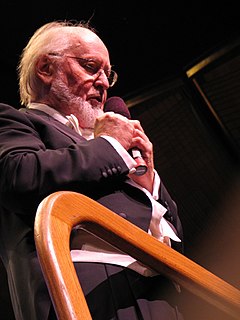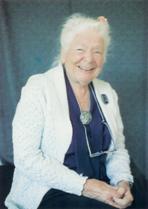A Quote by Fiona Barton
As a journalist, I've been a professional watcher, picking up the body language and verbal tics that make us individuals and interesting to others.
Quote Topics
Related Quotes
By the time the child can draw more that scribble, by the age of four or five years, an already well-formed body of conceptual knowledge formulated in language dominates his memory and controls his graphic work. Drawings are graphic accounts of essentially verbal processes. As an essentially verbal education gains control, the child abandons his graphic efforts and relies almost entirely on words. Language has first spoilt drawing and then swallowed it up completely.
Well, I don't know about objectivity, but I know for certain that it's always possible for a professional journalist who understands what he or she's up to to be fair, and that's the key word. Fairness to individuals, fairness to ideas, and to issues and whatever - that is critical, and that is also part and parcel of what the job.
Our sense of identity is in large measure conferred on us by others in the ways they treat or mistreat us, recognize or ignore us, praise us or punish us. Some people make us timid and shy; others elicit our sex appeal and dominance. In some groups we are made leaders, while in others we are reduced to being followers. We come to live up to or down to the expectations others have of us.
Some individuals may perceive their losing fight with gravity as a sharp pain in their back, others as the unflattering contour of their body, others as constant fatigue, yet others as an unrelentingly threatening environment. Those over forty may call it old age. And yet all these signals may be pointing to a single problem so prominent in their own structure, as well as others, that it has been ignored: they are off balance, they are at war with gravity.
Language makes it possible for a child to incorporate his parents' verbal prohibitions, to make them part of himself....We don't speak of a conscience yet in the child who is just acquiring language, but we can see very clearly how language plays an indispensable role in the formation of conscience. In fact, the moral achievement of man, the whole complex of factors that go into the organization of conscience is very largely based upon language.
